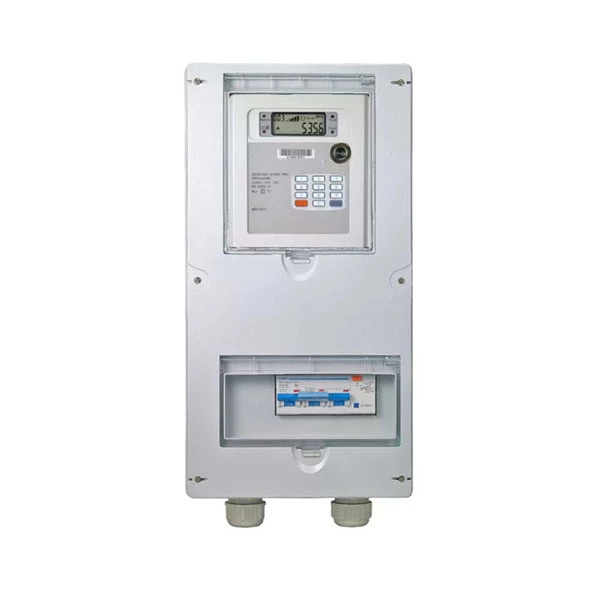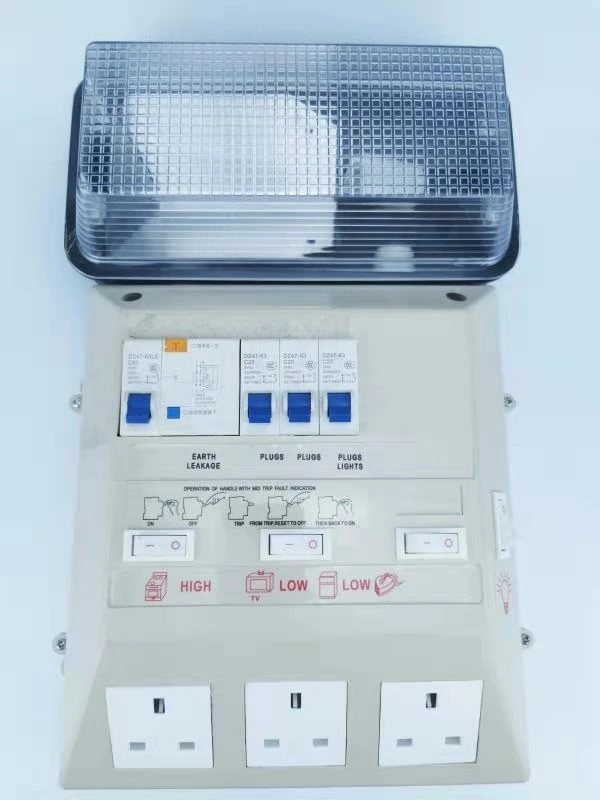What materials should be used when making an electric meter box?
The selection of materials is crucial when making an electric meter box, as it directly affects the safety, durability, and applicability of the electric meter box. Here are some commonly used materials and their characteristics for making electric meter boxes:
Metal materials: such as stainless steel, aluminum alloy, and copper. Stainless steel meter box has strong corrosion resistance, is not easy to rust, and has a long service life; Aluminum alloy electric meter box is lightweight, wear-resistant, and anti-oxidation, suitable for indoor and outdoor environments; Copper meter boxes have good conductivity and thermal conductivity, ensuring the accuracy and stability of energy measurement. However, metal meter boxes may have corrosion or electromagnetic interference issues in specific environments.
Plastic materials: such as ABS, PC, PVC, etc. ABS material has heat resistance, impact resistance, and chemical corrosion resistance, making it suitable for environments with high temperatures; PC material has high transparency, good toughness, and high heat resistance, making it suitable for manufacturing high-precision meter boxes; PVC material has low cost, corrosion resistance, wear resistance, and is suitable for indoor environments. Plastic meter boxes are light, durable, easy to install, and superior to metal materials in some aspects, such as insulation and anti-aging performance.
Fiberglass reinforced plastic: a composite material composed of glass fibers and synthetic resin, lightweight, high-strength, corrosion-resistant, and not easily deformed. It is suitable for outdoor environments and can resist ultraviolet radiation, oxidation, and chemical corrosion.
In summary, the material selection of the electric meter box should be balanced according to the specific usage environment and requirements.




